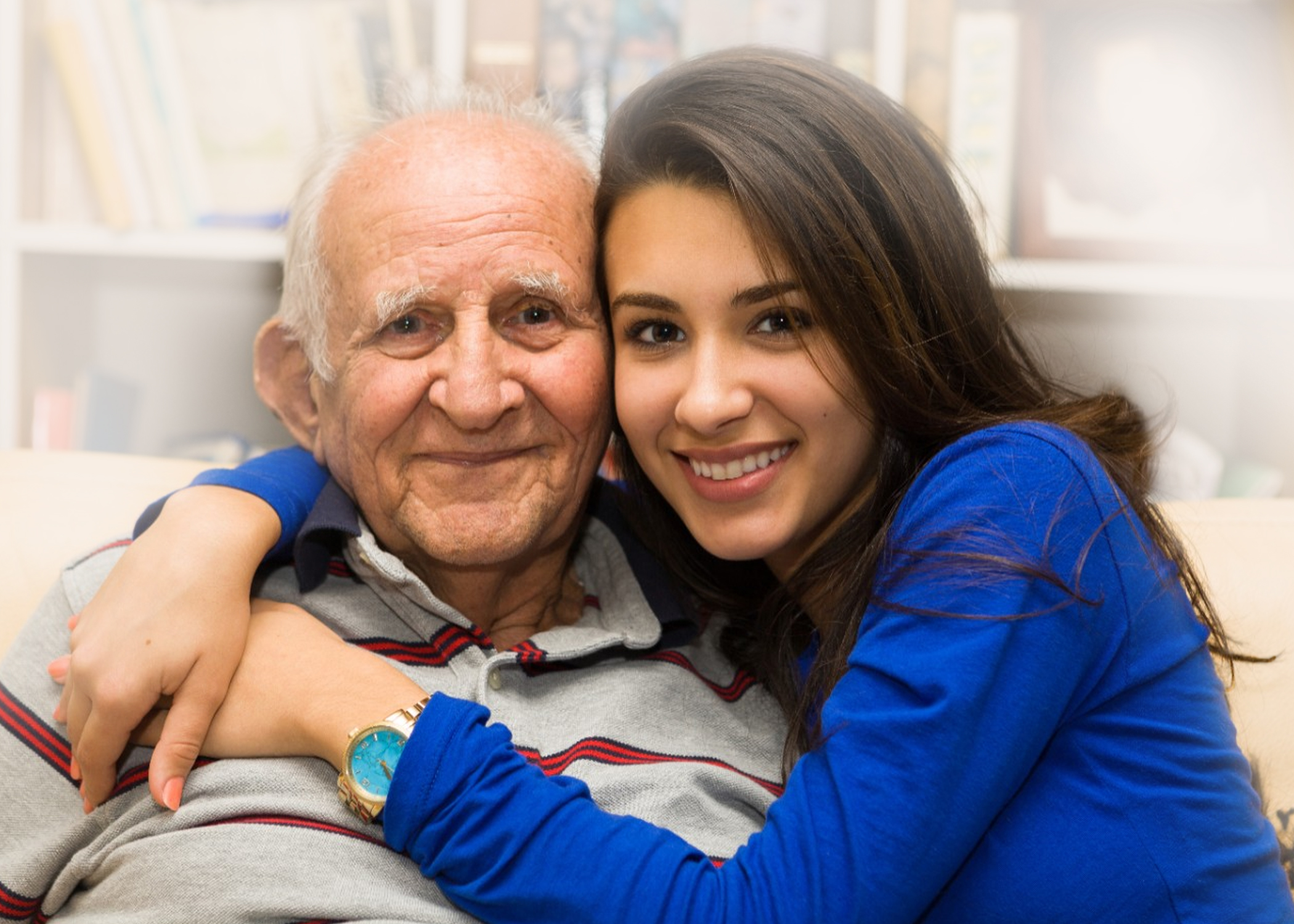Incontinence, where a patient loses bladder control, is a difficult condition to deal with. Amidst the challenges of daily lives, it becomes overwhelming for the caregivers to provide the best care to the suffering loved one. Which is why there comes the point when family caregivers think of moving their loved one to nursing care.
But, what leads them to make such a decision? Is taking care of incontinent patients that stressful? If yes, then what can be done to handle this condition? Rounding up answers to these questions, we’ve compiled a list of seven tips which can make incontinence care easier on caregivers.
An article by WebMD states that more than half of the elderly suffer from incontinence at some point in time. Caring for your loved one with incontinence issues can drain you, both physically and emotionally. Here are seven simple tips to make incontinence care easier on caregivers.
Empathy Is Key
Losing bladder control is a highly uncomfortable condition for the care recipient. The thought of being helpless when it comes to their own-self can be devastating, and this lack of control makes the patient irritable, angry and rude to their family members.
That is why the caregiver should take care to approach him with empathy. Make him believe that they have nothing to be worried about. Whatever happens, you will be there to take care of him. Also, ensure that you establish a comfortable conversational environment around him, so that he can openly communicate with you about his condition and how to deal with it.
Ensure Their Clothing is Comfortable
When a patient loses control over their bladder and bowel functions, it is wise to dress him in clothes that are easy to change, such as elasticized clothes, which can simply be pulled down without investing much time, in contrast to button-down lowers or pants are tricky to get off quickly.
Wearing clothes that can be changed easily makes it easy for the caregivers when they have to help the patients change their clothes or clean up. Fortunately, there are many companies that offer adaptive clothing for elderly and disabled people.
Keep the Essentials in Reach
Whether at home or when visiting a nearby park, it is always helpful to keep a small bag of basic things on-hand. For instance, briefs, wipes, adult diapers, and a pair of clothes can prove to be of great help in any type of emergency. Because no matter how precautionary measures you take, things can go downhill!
Sometimes, there may be no restrooms nearby, or perhaps you’re in an unfamiliar city. In these types of scenarios, even if the patient leaks, you have your carry-on to take care of the accident.
Waterproofing Can Solve Many Problems
Another highly effective measure a caregiver can take is to waterproof the areas where the patient spends most of their day. This way, you don’t have to stress about cleaning the things that are hard to clean.
Simply put, caring for a senior is similar to taking care of a newborn. You place rubber mats under the bedcovers so that the mattress remains dry and the bed cover can be changed quickly. Waterproofing the beds, couches and chairs aid in fulfilling the same purpose without much effort.
However, for older adults, you might need to use multiple layers of waterproof absorbent mats, seat covers, and other waterproofing layers, to fully protect the surface.
Cope with Embarrassment
Often, the reason why family caregivers back out from the responsibility is due to their hesitation and embarrassment. Believe it or not, it’s as hard as for your loved one as it is for you. Exposing private areas to a close one is highly challenging.
Besides, if you are taking care of someone from the opposite sex, it can be uncomfortable to see, touch and clean up their private parts. And, even if the person is of the same sex, you may still feel as if you are invading their privacy. So, how can you overcome this barrier?
The best way to deal with it is by addressing it. Try and communicate your awkwardness to them. This will lead to establishing a common ground for both of you. Also, when you are comfortable with each other, you can infuse some humor in the tense situations by acting silly and messy yourself.
Try and Maintain a Bathroom Clock
You would agree that a human body gets accustomed to things done regularly. For example, getting up in the morning and freshening up, scrolling the phone before going to bed becomes part of your daily schedule. Similarly, setting up toilet breaks every hour or 2 can help your loved one to establish a routine.
To help them set up the routine, you can monitor their frequent timings of bathroom breaks by reminding them, or by setting alarms to remind them, using a clock or a reminder app. Doing this can directly result in fewer accidents.
Certain foods and drinks majorly contribute to incontinence. Common examples of such bladder irritants include liquor, citrus juice & fruits, soda, milk products, and honey.
Therefore, it is advised to ensure that your loved one’s diet does not include much of these foods and drinks. By focusing on these minute details, you can easily avoid frequent incontinence episodes.
Don’t shy away from asking help if things become overwhelming or out of control. Also, make sure that your loved one’s surroundings are clean and odor free. Lingering odor of urine can make it hard for you to serve them compassionately.
This blog has been contributed by Sharda University. Sharda University is a leading educational institution and a venture of the Sharda Group of Institutions, offering 216 varied programs for students. Founded in 2009, the university has established itself as a high quality education provider with a focus on holistic learning and developing their competitive abilities.


